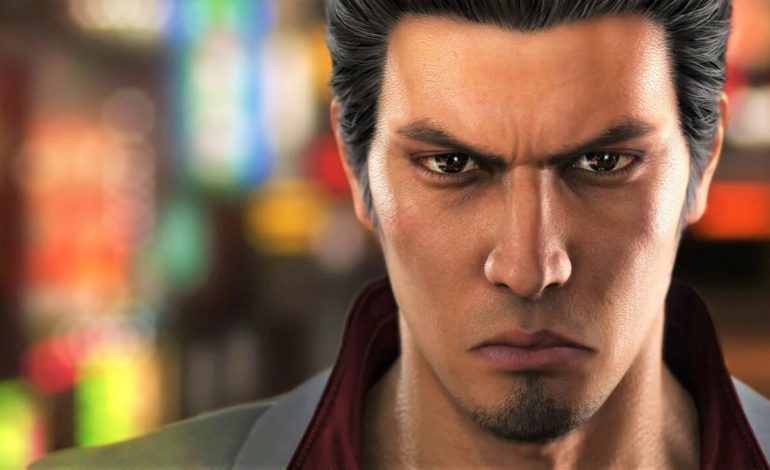

Toshihiro Nagoshi, veteran developer, and creator of the Yakuza series has been with Sega since 1989. He also worked on everything from Sega Rally, Monkey Ball, Daytona, Virtua Fighter, and F-Zero GX. A new report from Bloomberg has revealed that Nagoshi is set to leave Sega and will join Chinese company NetEase. According to Bloomberg, Toshihiro Nagoshi “is expected to set up his own team and create new games, people familiar with the matter said. He hasn’t signed a final contract and his duties have yet to be finalized, they said.”
NetEase and the other high profile Chinese company Tencent have been on a multiyear quest to fill out their content libraries with more of Japan’s highly prized animation, comics, and games (ACG) titles due to a government-led crackdown in their country. Today, China released a new regulation setting strict measures for young gamers. Those under the age of 18 are banned from playing video games entirely between Monday and Thursday. On the other three days, and on public holidays, they will only be permitted to play between 8 pm and 9 pm. Tokyo-based industry analyst Serkan Toto of Kantan Games said “Tencent and NetEase have been speaking to just about all publicly traded studios here and are actively courting some privately held developers, too. They both feel pressure to make headway in Japan, especially since hame regulations in their home market are becoming increasingly restrictive.”
Between the two companies, Tencent and NetEase have struck more than 20 deals in Japan, focusing on getting smaller teams and individual creators. NetEase is proposing a more hands-on and collaborative approach, wanting a bigger role in developing the games and content it believes will turn into international hits, while also burnishing its credentials as a global rather than purely Chinese firm. Tencent is prioritizing investment, putting down seed capital to secure priority negotiation rights to the next ACG mobile blockbuster. Tencent’s approach is hands-off where all intellectual property rights remained with the publisher and it would make its own strategic decisions. Tencent wants a focus on creating new content and to be notified first when a game showed promise for development into a mobile title with international appeal.
Play games, take surveys and take advantage of special offers to help support mxdwn. Every dollar helps keep the content you love coming every single day.
